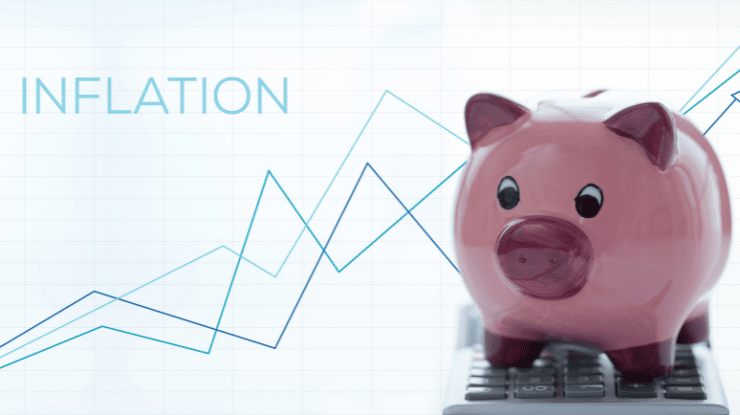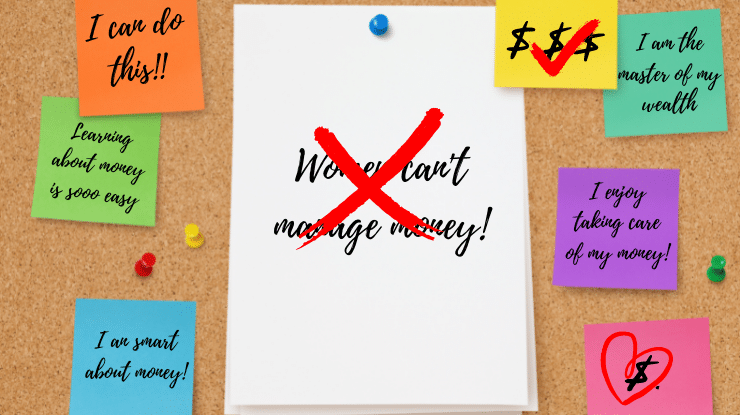I love quotes. These tiny bits of timeless wisdom convey vast amounts of knowledge in a mere sentence or two.
This week, I’ve boiled down the secrets to successful investing into a series of pithy expert sayings. Consider it a Master Class in wealth creation.
Let’s start with economist Jeremy Siegel, “Fear incites human action far more urgently than does the impressive weight of historical evidence.”
Financial decisions made from fear (vs knowledge) never turn out well. As history reveals, after every crash, the market eventually surges. Yet fear has us selling at a loss, missing future gains.
According to wealthy industrialist J. Paul Getty, fear can be a buy signal. “Buy when everyone else is selling and hold until everyone else is buying.”
That’s not just a catchy slogan. It’s the very essence of successful investing.
Baron Rothschild was even more succinct: “The time to buy is when there’s blood in the streets.”
Our biggest risk is not the market tanking, but our emotional reaction.
As acclaimed investor Benjamin Graham pointed out: “The investor’s chief problem — and even his worst enemy — is likely to be himself.”










